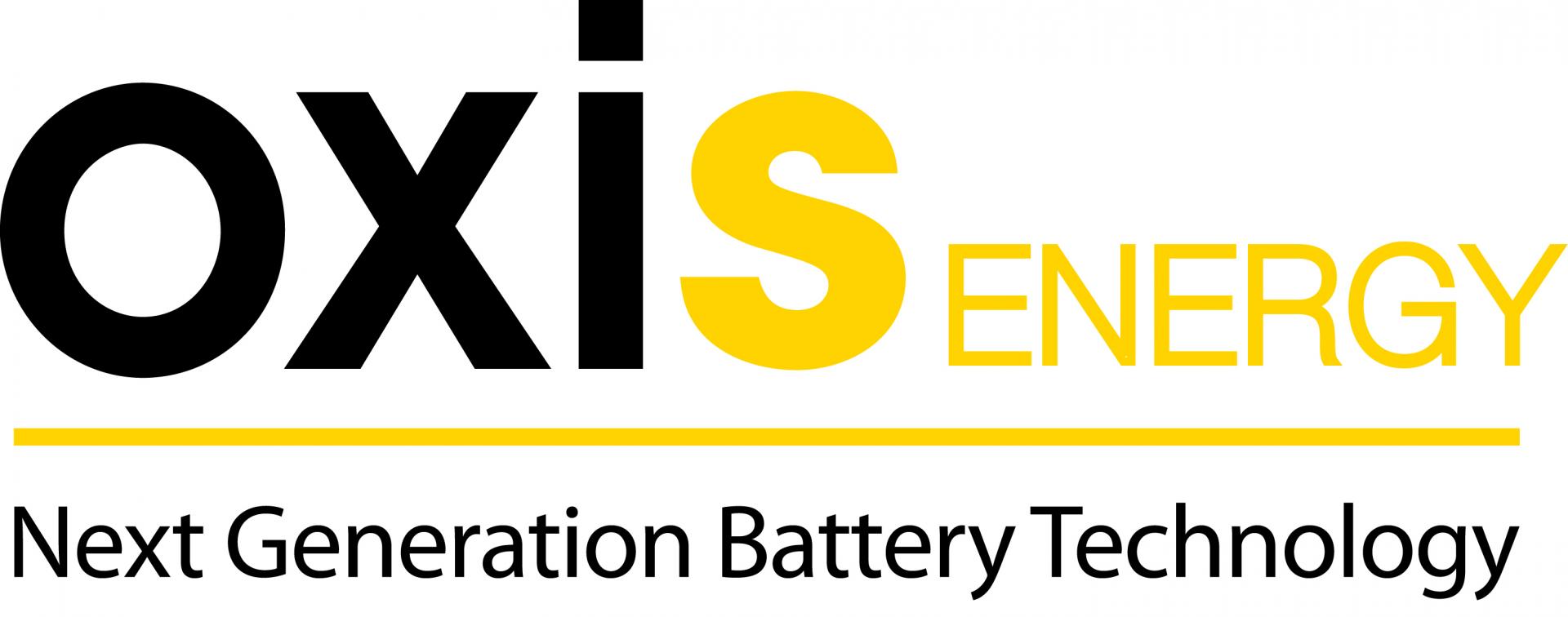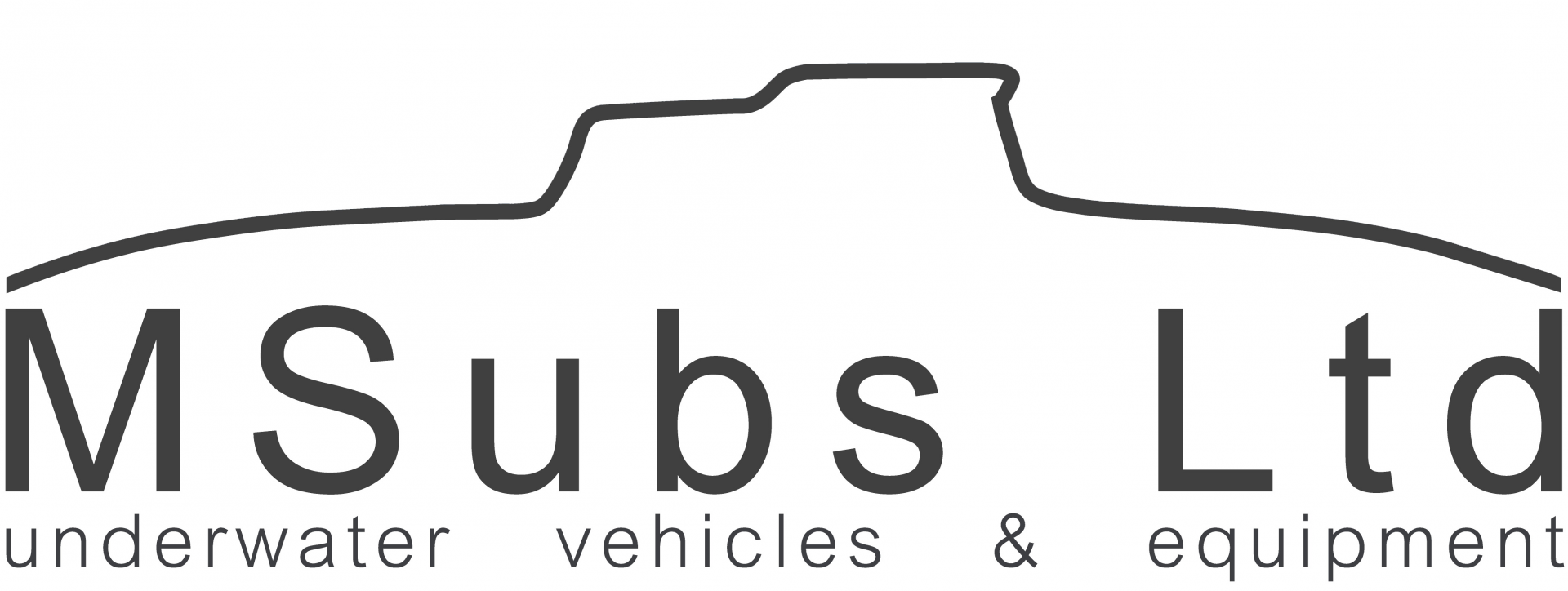Latest News
March 2017 – Six months to go
With just six months remaining until completion, the consortium has made significant advances in battery capability through extensive design and testing. The project is now moving rapidly towards full open water trials in two deep-submergence vehicles, including NOC’s Autosub Long Range, optimised for low-power, long endurance missions.
Download the full report.
October 2016 – Project reaches half-way point
The two-year Steatite led project to develop a pressure tolerant battery pack has accomplished a new milestone. Due for completion in October 2017, the project has reached the half-way point and is now entering a crucial stage of battery development.
The first phase of the project was completed at the National Oceanography Centre (NOC) in Southampton and involved repeatedly testing Li-S cells at pressures and temperatures equivalent to those experienced at depths of 6,000m.
Operating at the edge of their required limits, the latest iteration involves 12Ah cells, discharging at low temperature (4oC) and high pressure (45MPa/450atm). The results of the testing have demonstrated that the recently developed Li-S cells now deliver a comparable performance at these conditions as at ambient temperatures and pressures. Using pressure facilities at NOC, several cells have been used to perform life tests, and have now reached over 60 cycles for slow discharge, and 80 cycles of faster discharges.
Furthermore, the effective Neutral Buoyancy Energy Density (NBED) is nearly double that of the Li-ion reference cells. Higher effective NBED and lower payload will mean integrating these Li-S batteries with Marine Autonomous Systems (MAS) technology could significantly improve vehicle endurance.
Following the successful test phase, the consortia are confidently progressing to the battery development phase, driving the team ever closer to the reality of a functional battery pack that can be utilized on deep-sea MAS.
Download the full report.
April 2016 – Phase one complete
The first phase of the project is now complete. This phase involved repeatedly testing lithium-sulfur cells at pressures and temperatures equivalent to undersea depths of 6,000m. The test result have confirmed that the cell performance is unaffected by being exposed to these extreme conditions, with consistent delivery of energy.
The project milestones include:
- Repeated cycling of lithium-sulfur cells under conditions replicating a depth of 6,000m show consistent energy delivery performance
- No internal damage or adverse effects on the chemistry of the cells is detected
- Production of hardware and software for the associated battery management system is now underway.
The next phase of the project will complete the design work for a trial battery pack including a pressure-tolerant Battery Management System.
Funding partners


Project partners


